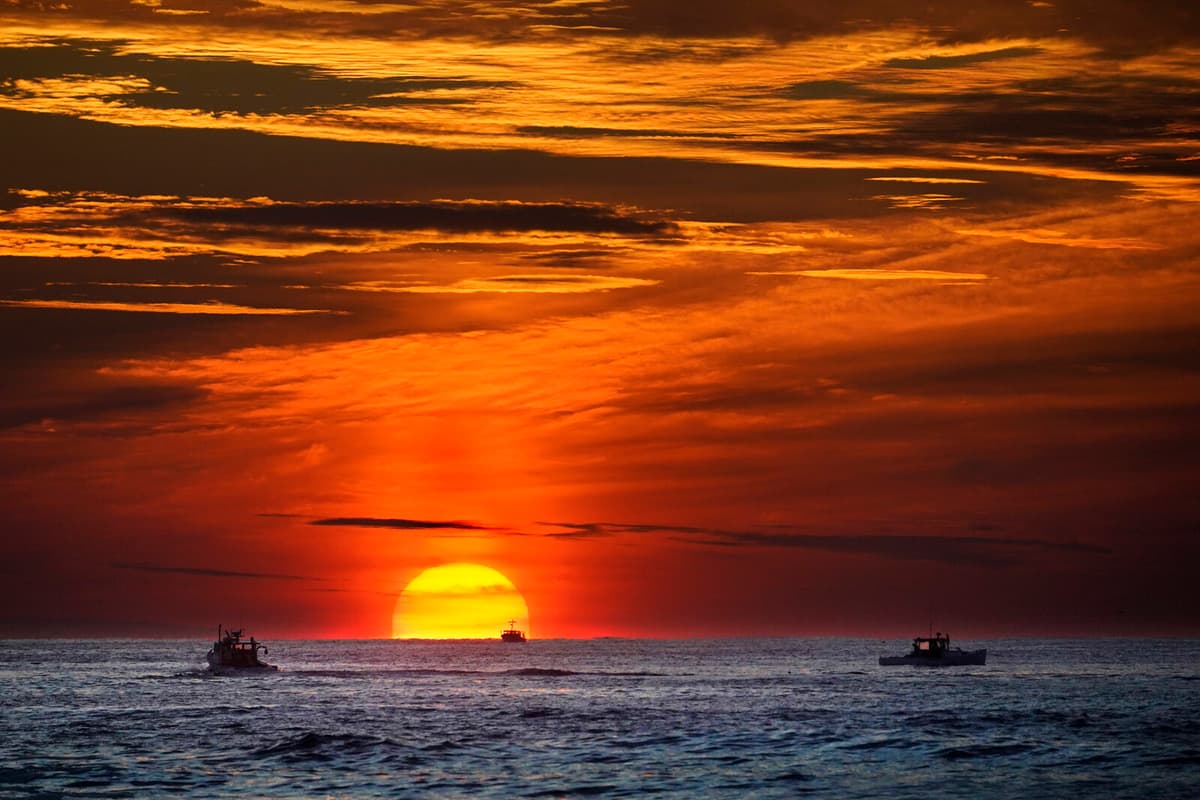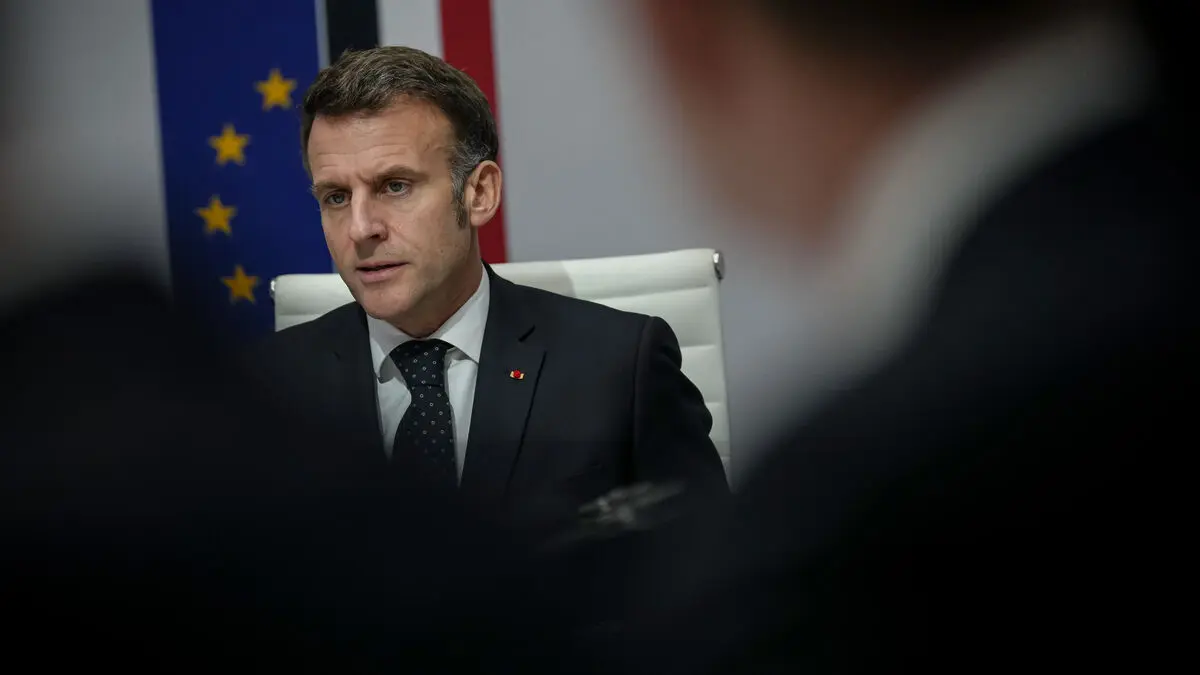In the autumn of 2023, several countries signed the agreement that is to protect the deep seas, but so far it has not come into force because not enough countries have ratified it, i.e. formally committed to the agreement. Sweden is one of the countries that has not done so. When the UN's ocean conference is now being held in Nice, it would be a huge prestige win for the host country France to get together the 60 countries needed.
Karina Barquet, researcher and group leader for water, coasts and seas at the Stockholm Environment Institute (SEI), is unsure if they will succeed, but still sees the meeting as important for driving the work forward.
Much was set in motion at the last meeting and my experience is that things usually happen in connection with these meetings. Just this year, we have seen that eight new countries have ratified the global ocean agreement.
”Most important agreement”
When Sweden signed in the autumn of 2023, the then Foreign Minister Tobias Billström called it the “most important climate agreement since the Paris Agreement”, but Sweden is not among the countries that have ratified.
It's a bit special since Sweden was driving and one of the first countries to sign. So we also think it's very important that Sweden does its homework at home, says the Swedish Society for Nature Conservation's Secretary General Karin Lexén.
The agreement has been considered crucial for the agreement from the ocean conference in 2022 to protect 30 percent of the world's oceans and land areas by 2030 at the latest. That work has been slow, currently only 8.4 percent of the oceans are protected.
Despite this, Johanna Fox, head of WWF's international Baltic Sea program, thinks that the development with the ocean conference is going in the right direction.
We have a framework in place and we have a goal of protecting 30 percent of the world's oceans. Now it's about action. There are five years left until 2030, so we really hope that the conference will be a kickstart to achieve the goals that the world's countries have set.
The future of the oceans
Karina Barquet had wished that the conference had placed more emphasis on the increasingly tough competition for the ocean.
I think that in the long run, much of the future of the oceans will be decided by how we manage to combine different interests – such as the environment, energy policy, fishing and security issues – which is a very current issue in Sweden and which I wish had been taken up a bit more actively at the conference.
Sweden and Fiji were the initiators of the first ocean conference, which was held in New York in 2017.
It was the first where governments, business, organizations and researchers from all over the world gathered to take a grip on the problems that threaten the world's oceans.
In March 2023, 193 countries agreed on an agreement that will increase protection for biodiversity in the oceans that do not belong to any state. The so-called BBNJ agreement (Biodiversity beyond national jurisdiction) was created to limit environmental impact on the oceans and make it possible to create protective marine areas. 95 percent of the global ocean's volume consists of these oceans.
The agreement needs to be ratified by 60 countries. Currently, 28 have done so, Sweden is not one of them.






